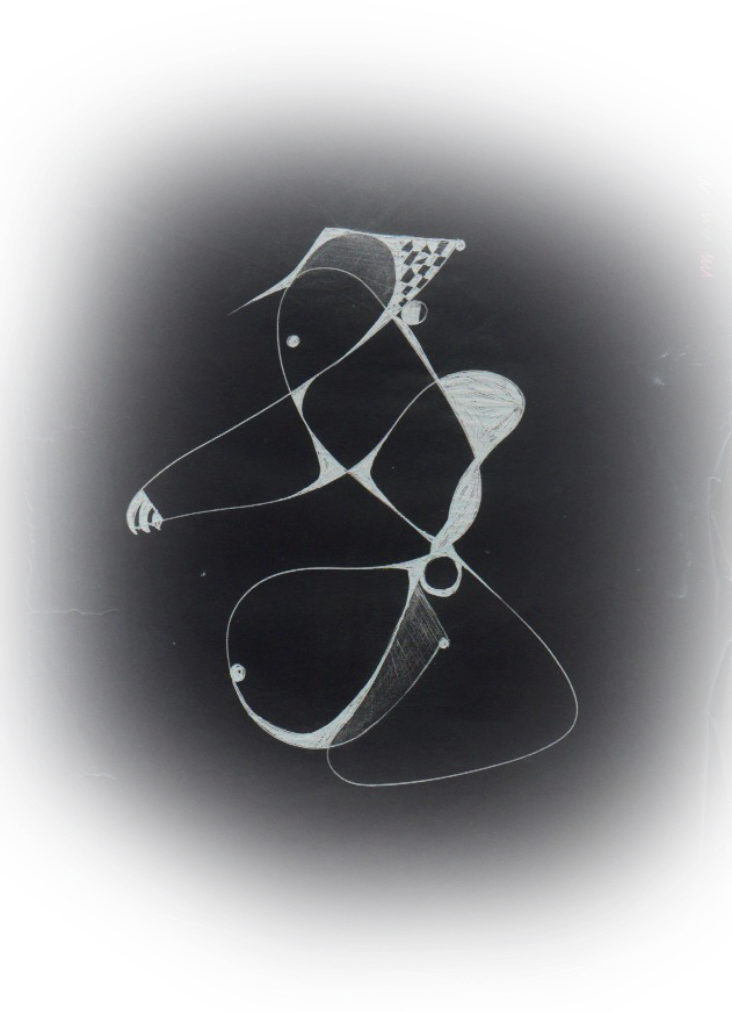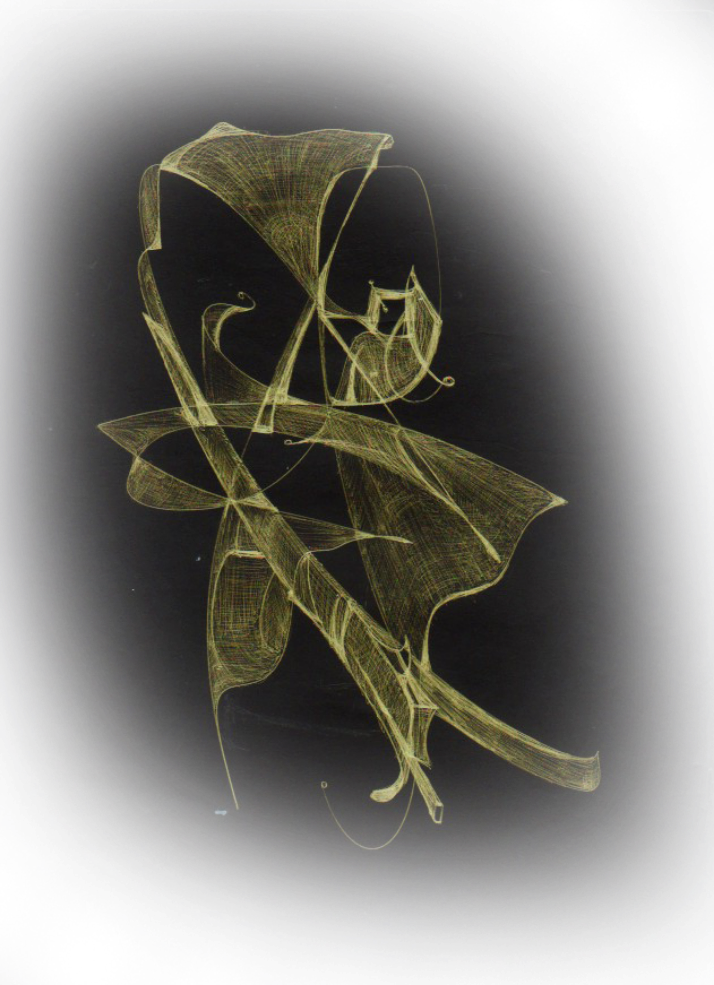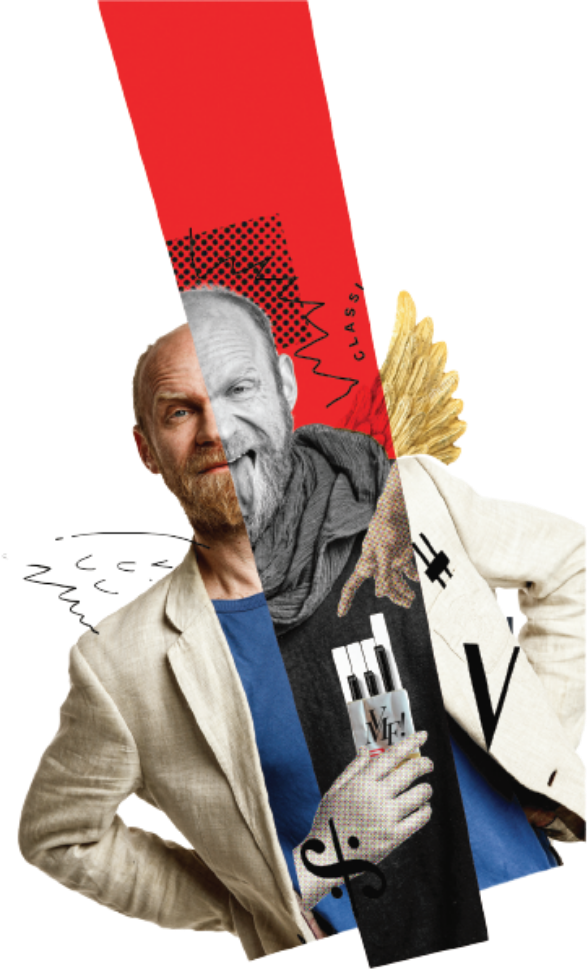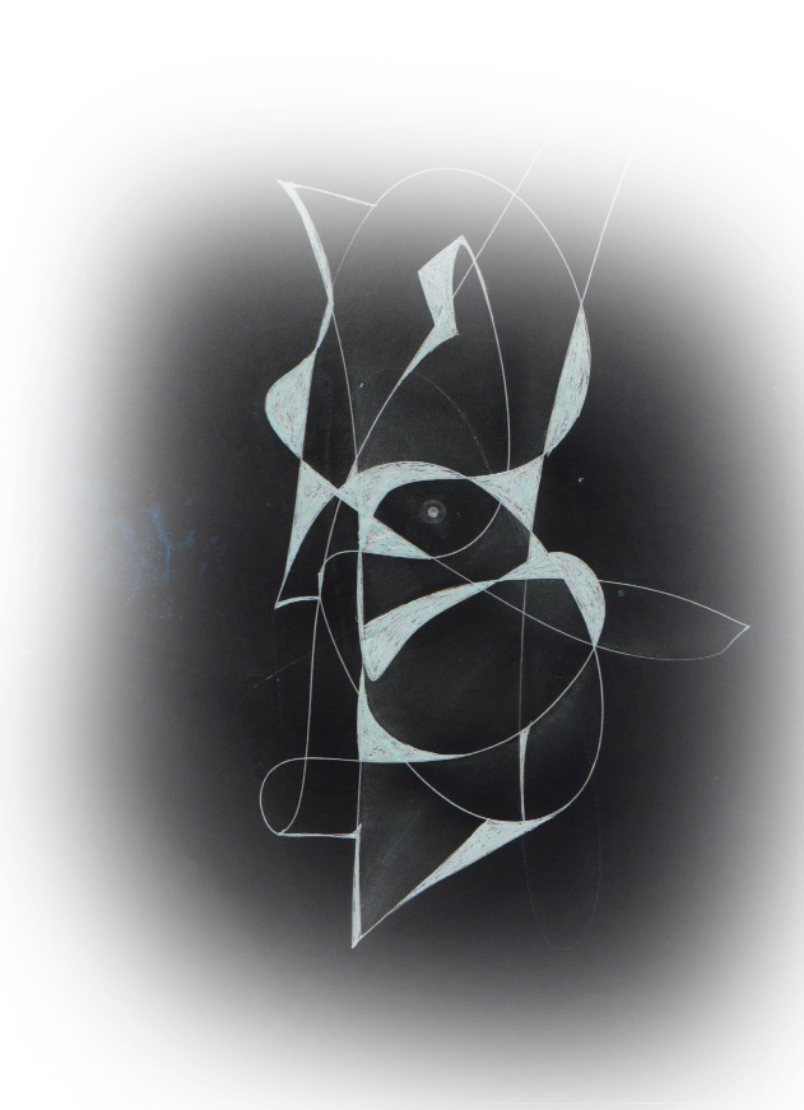Story
Composer and pianist Vladislav Šarišský was born in Košice in former Czechoslovakia, now Slovakia, in 1984. Thanks to his father, a concert master at the Slovak State Philharmonic Košice and a graduate of the Moscow Tchaikovsky Conservatory, Vladislav received predominantly classical music training.
His mother, Lyubov Konstantinovna Naryshkin, Russian by origin, moved with her husband and first son Jaroslav from Moscow to Czechoslovakia. There she taught ballet and later worked as a cultural manager. Vladislav started playing the piano at a very early age and soon achieved musical literacy . Being able to read and write music at the age of 6, he started to work with first notation softwares only a few years later.
In 1998 he enrolled at the Košice Conservatory, where he studied composition under the tutelage of Norbert Bodnár and later piano classes, taught by Peter Kaščák. The following years were full of searching for inspiring moments while fusing jazz, rock, pop music and other music genres and experimenting with art conceptions like performance, event and happening, mainly staying faithful to the principles of The Fluxus Art Movement. Vladislav often found inspiration in the mundanity of everyday life and in relationships between people leading a bohemic lifestyle in the years following the Velvet revolution in 1989. During his studies, he shaped his own musical identity and expression, in which he creates to the present day. There is a number of pieces from his early period that are worth mentioning: 2 piano sonatas, 2 string quartets, DOR – Concert for piano and big orchestra (premiered in Kyiv – 2003), NUEN – sonata for big orchestra, piano and soprano.
After the Slovak premieres of NUEN and DOR (concert for piano) in 2004 with National Symphonic Orchestra of Ukraine, where he played the solo part, he moved to Bratislava and continued to study at the Academy of Music and Performing Arts, tutored by Yevgeniy Irshay.


20042004
Bratislava soon became his second home and the time spent there came as a breath of fresh air after emotional tornadoes of earlier times, giving him a chance to enjoy solitude and long walks. Here he also came to realise that avantguarde can only be saved by co-existing with its own counterpart.
During the next five years of contemplation he grew into a new role – creator of polystylistic conception within the framework of Unitaz multiplex thesis in classical meaning. Combining DNA patterns of the known styles, he slowly approached the desired musical synthesis of the century.
With deep conviction and respect for the qualities and historical ways of expressing artificial music, Vladislav created musical prose – a musical language to narrate stories of life and art. This period played a significant role in his developement. He honed his skills for film music and music for drama, which brought him stable work opportunities. He started a career as an arranger, creating dozens arrangements for big orchestra and for various events.


3
As an aficionado of fringe and less opulent genres, he cooperated with several bands, taking up roles such as a band leader, composer, pianist, lead singer and mouth harmonica player. He founded a fusion trio called Talent Transport and graduated from the Academy, obtaining a Master of Arts degree (Mgr. Art) with honours.
Numerous job offers while working as a freelancer enabled him to find the precious time he needed for composing.
His pattern was a result of tumultous political development in his home country. After the Velvet revolution in 1989, systematic evaluation of composing and creation of contemporary classical music declined and every classical composer was about to reconsider their next artistic journey.
Most of them started scholastic career, some gave up composing altogether.
In 2009 Vladislav noticed that 20 years of democracy, civic freedoms and surplus of consumers goods without previous first-hand experience brought oblivion into people’s minds, resulting in limited demand for artificial art.
Non-artificial music production or working in showbusiness became the only sources of income for many artists. Composing artificial music was reduced to a pastime.
Better job opportunities allowed Vladislav to spend more time spent composing. In 2014 he got first honorarium for a free artificial opus.
The period between 2004 and 2014 was tremenedously formative for him as he got to know the most prominent musicians and artists from former Czechoslovakia.
As a pianist-composer, Vladislav Šarišský performed with the National Symphony Orchestra of Ukraine, Radio-television Orchestra Minsk, Radio Orchestra Kiev, Slovak Radio and Television Orchestra, Viva! Musica Orchestra, State Chamber Orchestra Žilina, State Opera B.Bystrica, Youth European Orchestra, Camerata Cassoviae and the Zlín Philharmonic Orchestra.
He also created countless recordings, dozens of chamber compositions, big orchestral pieces, roughly 100 orchestral arrangements of popular songs, music for drama-theatre and film music.
Moreover, he starred in several films and TV series as a leading actor or had side roles.
Despite abundancy of similar diverse projects he did not lose track of the central point of his work – – composing classical music. In 2012, he won the International Composers Competition in St. Petersburg with his concert for flute and big orchestra ‘’EfieL’’, thus gaining international recognition.
In 2015 he was awarded Doctor Artis (ArtD).
